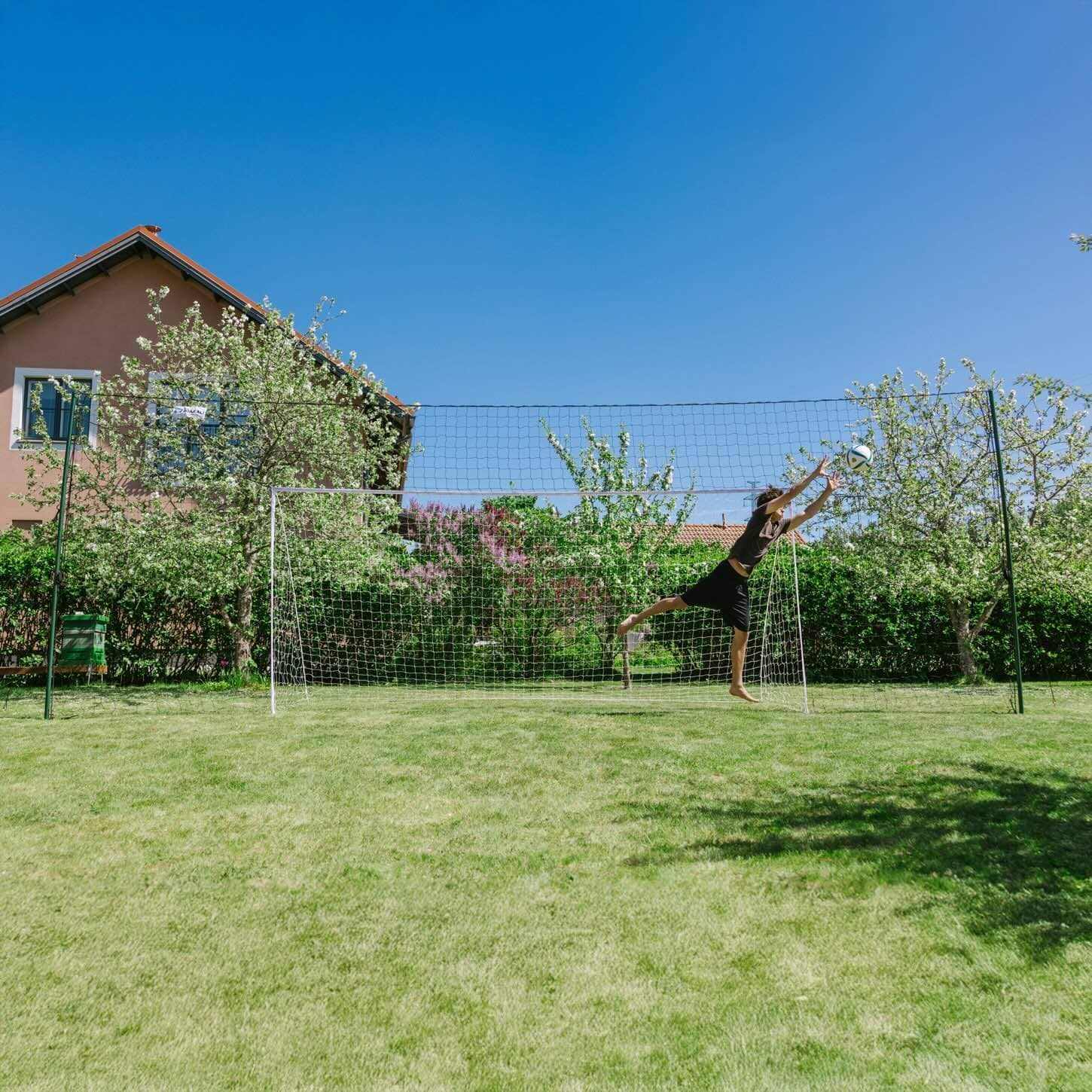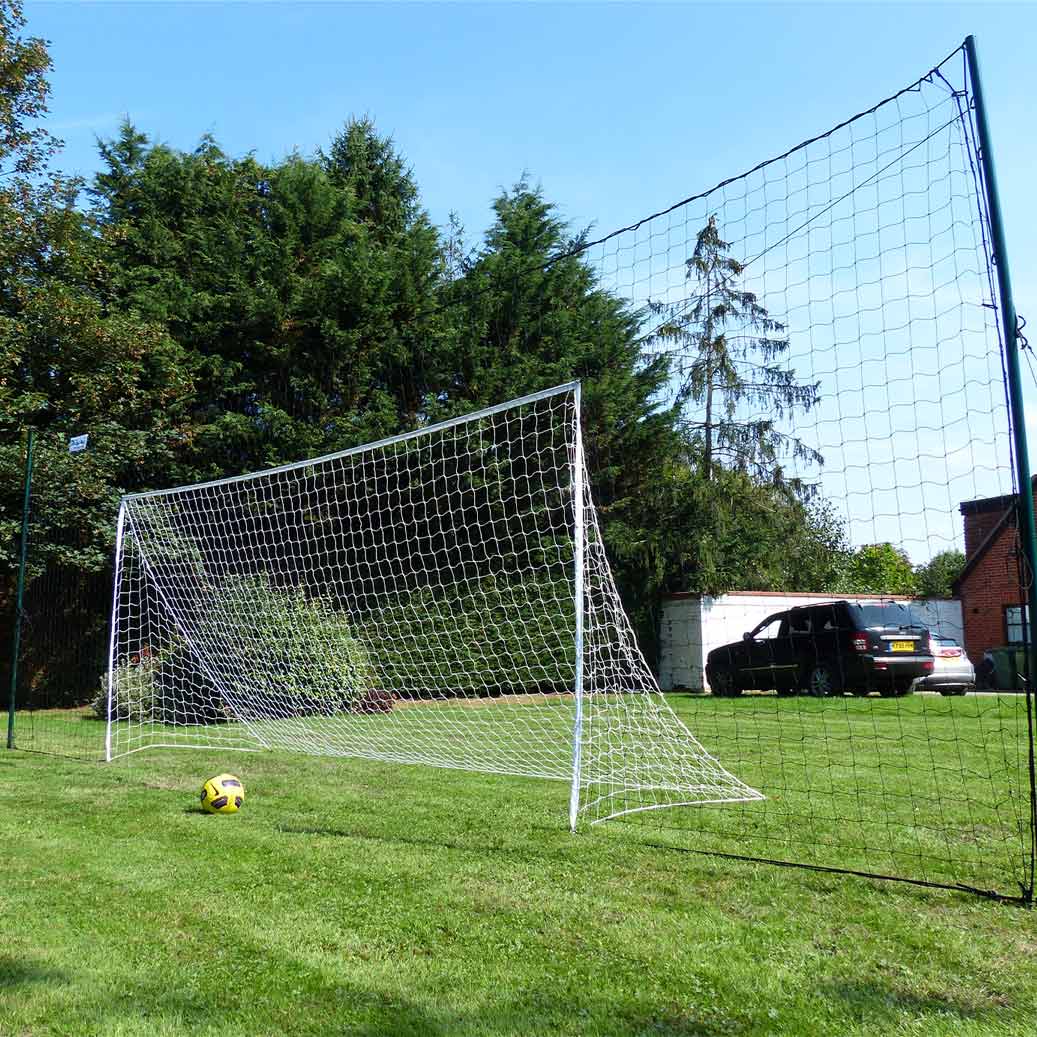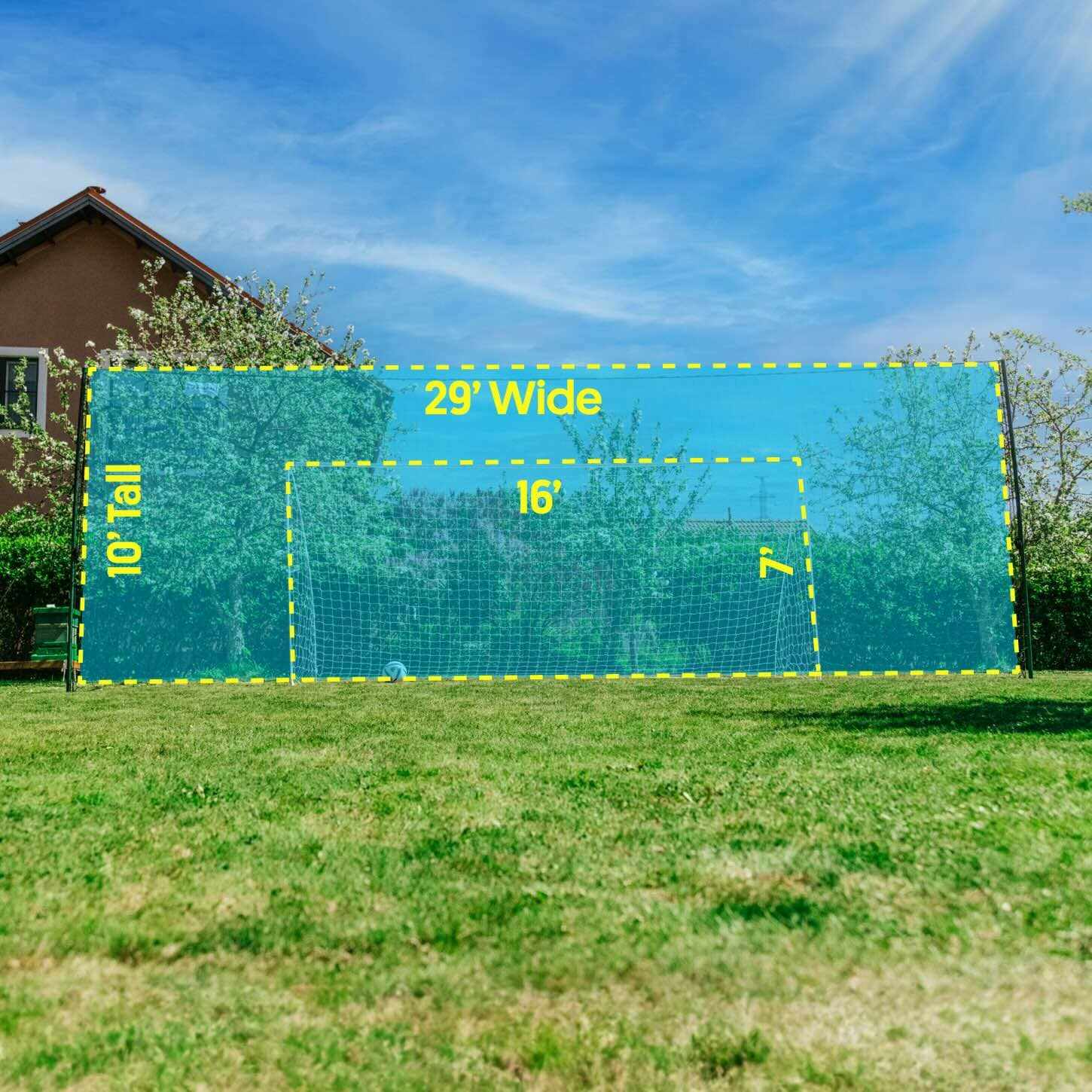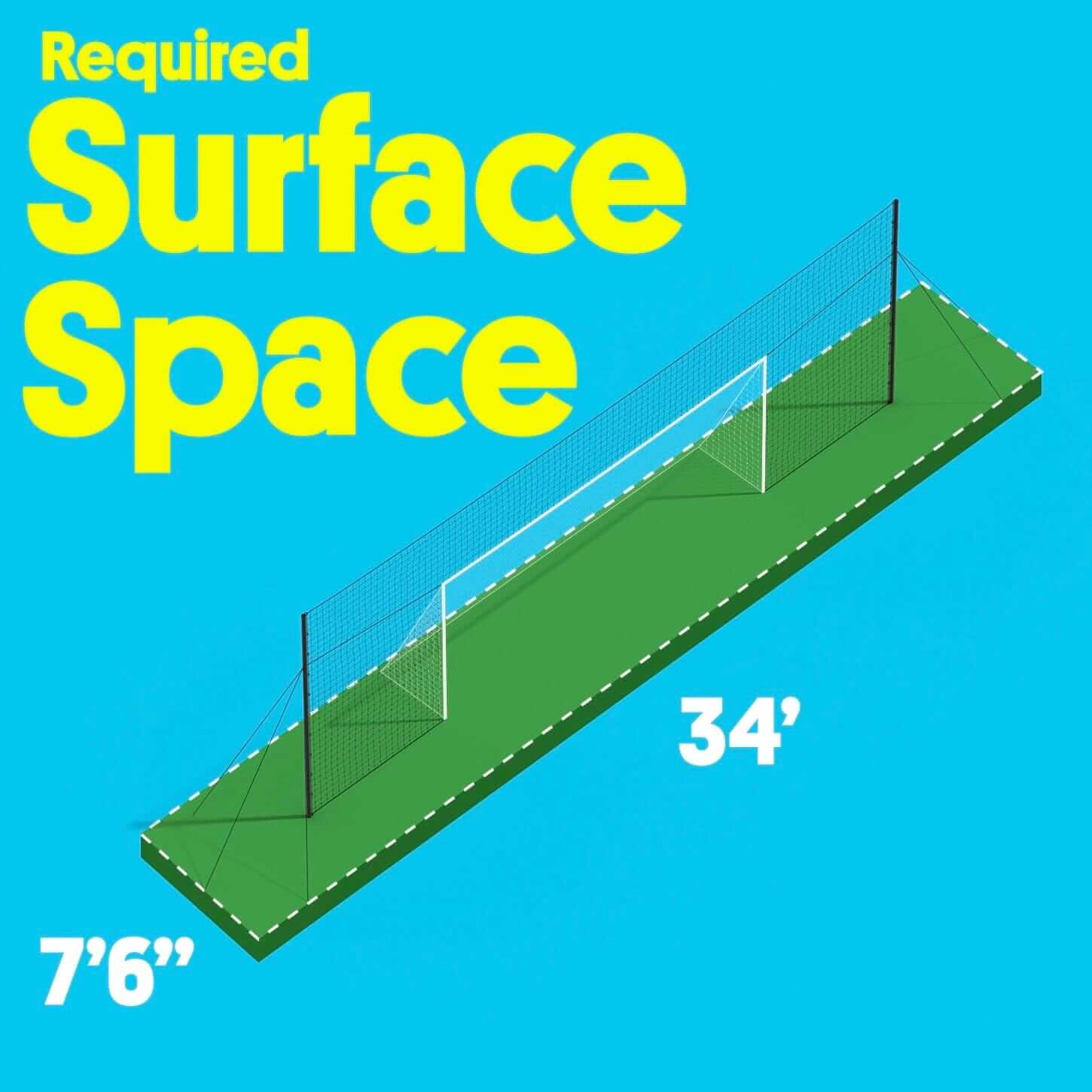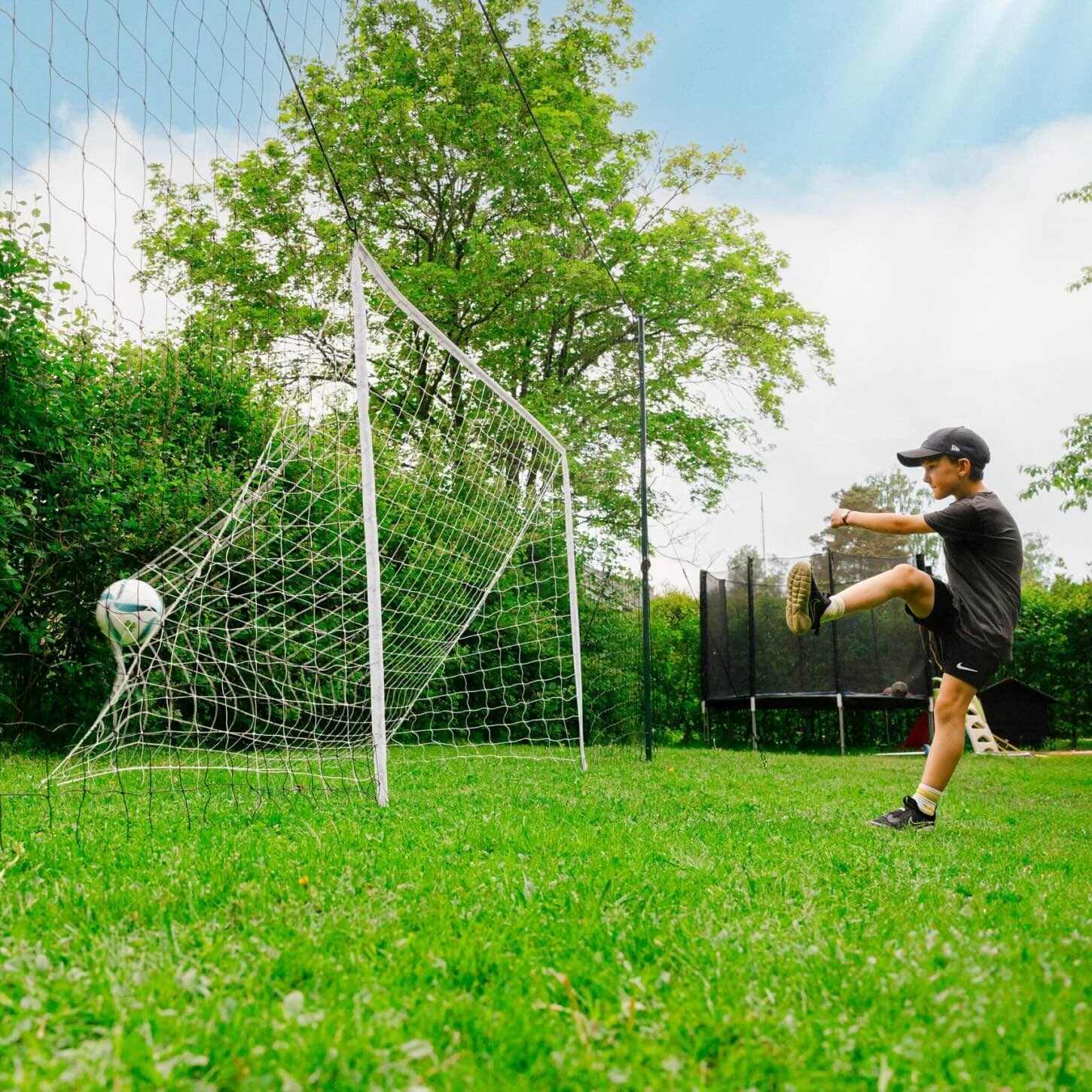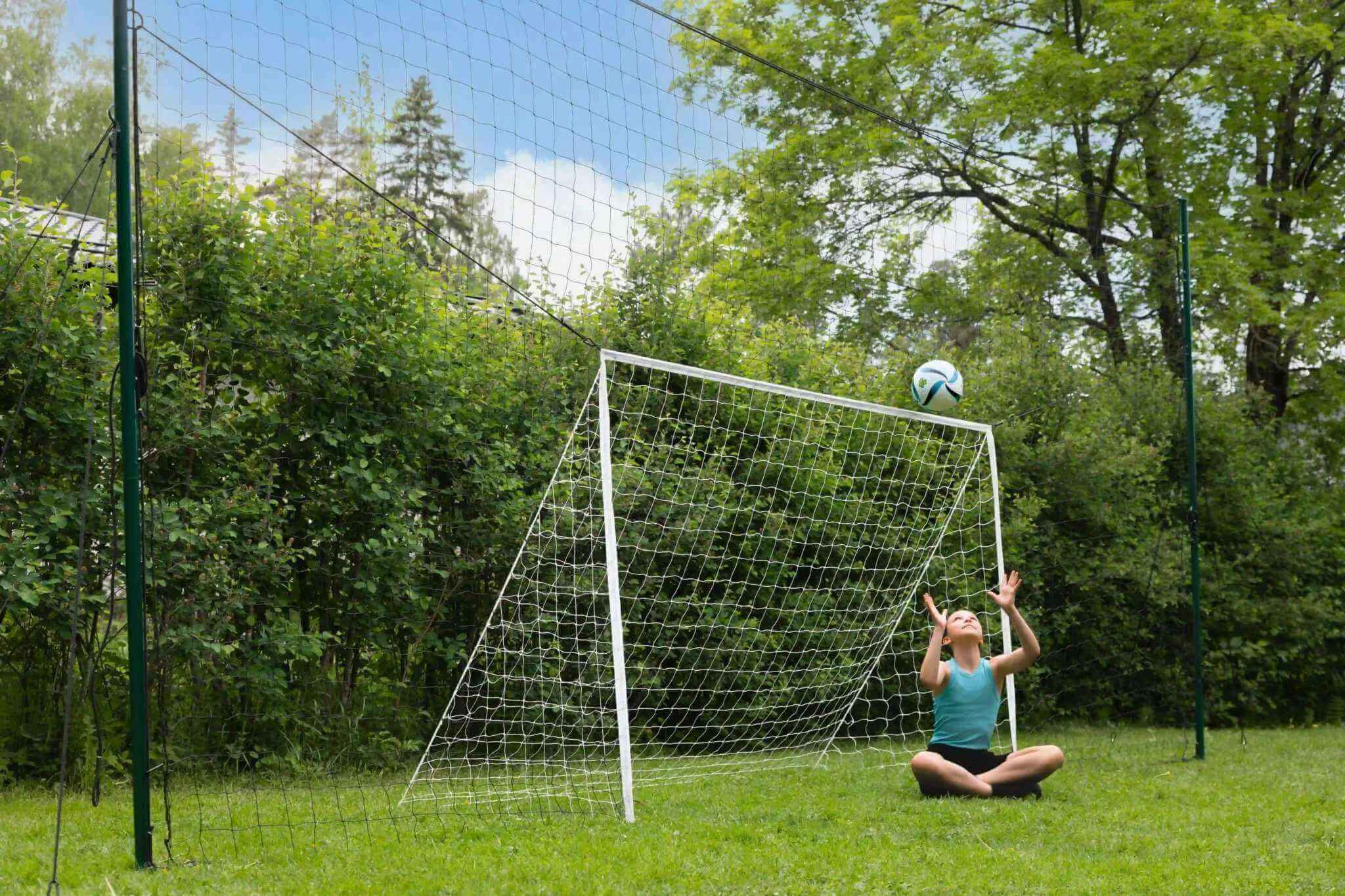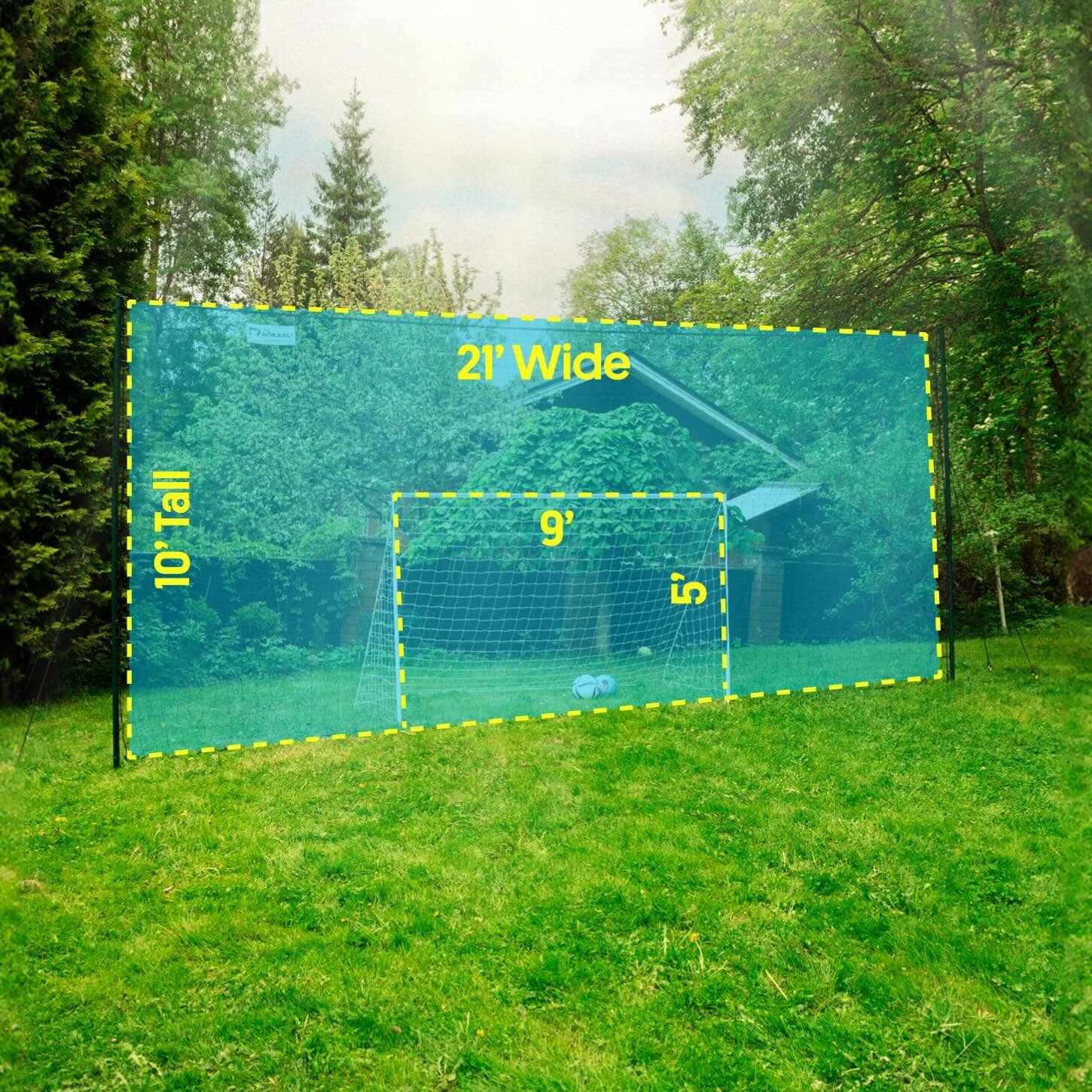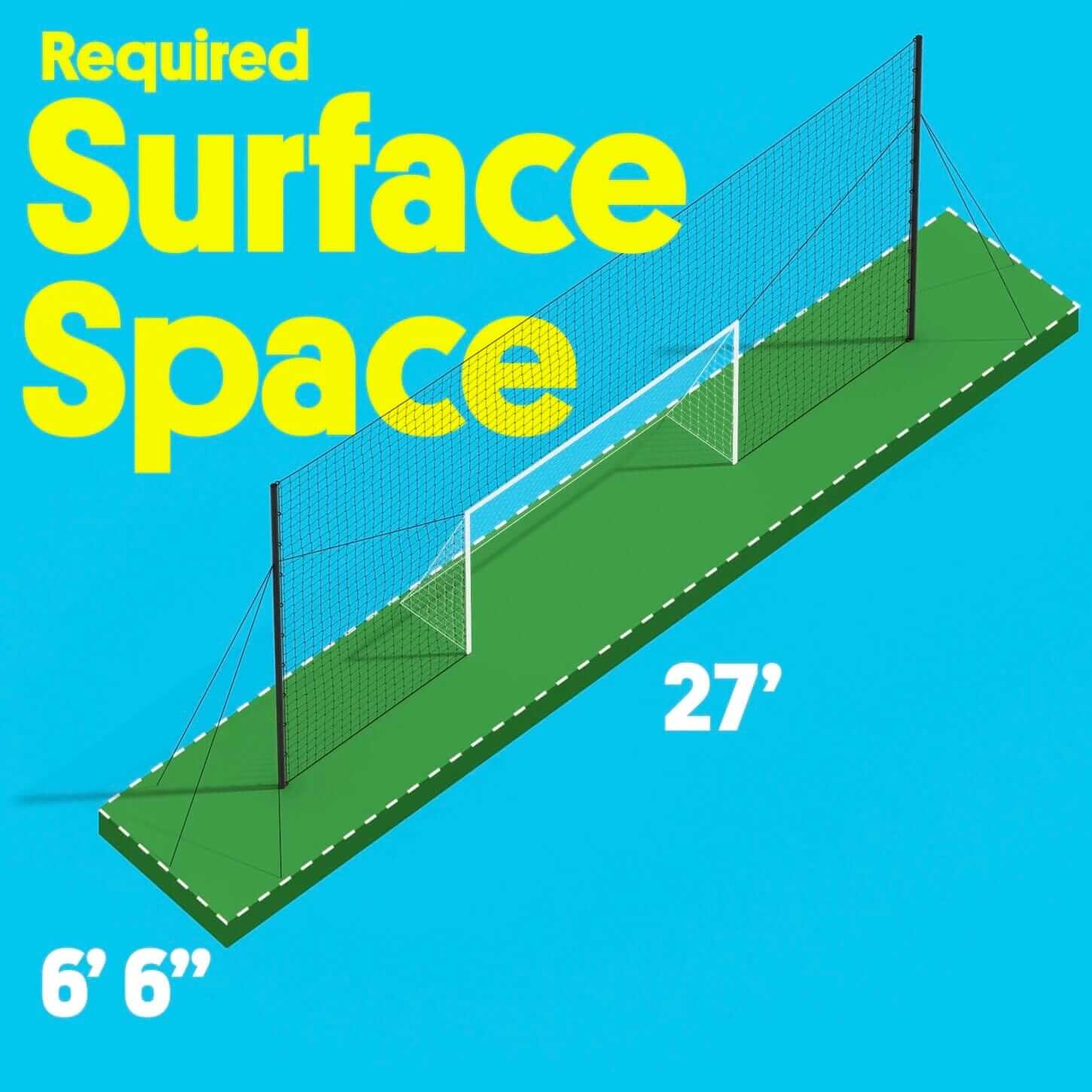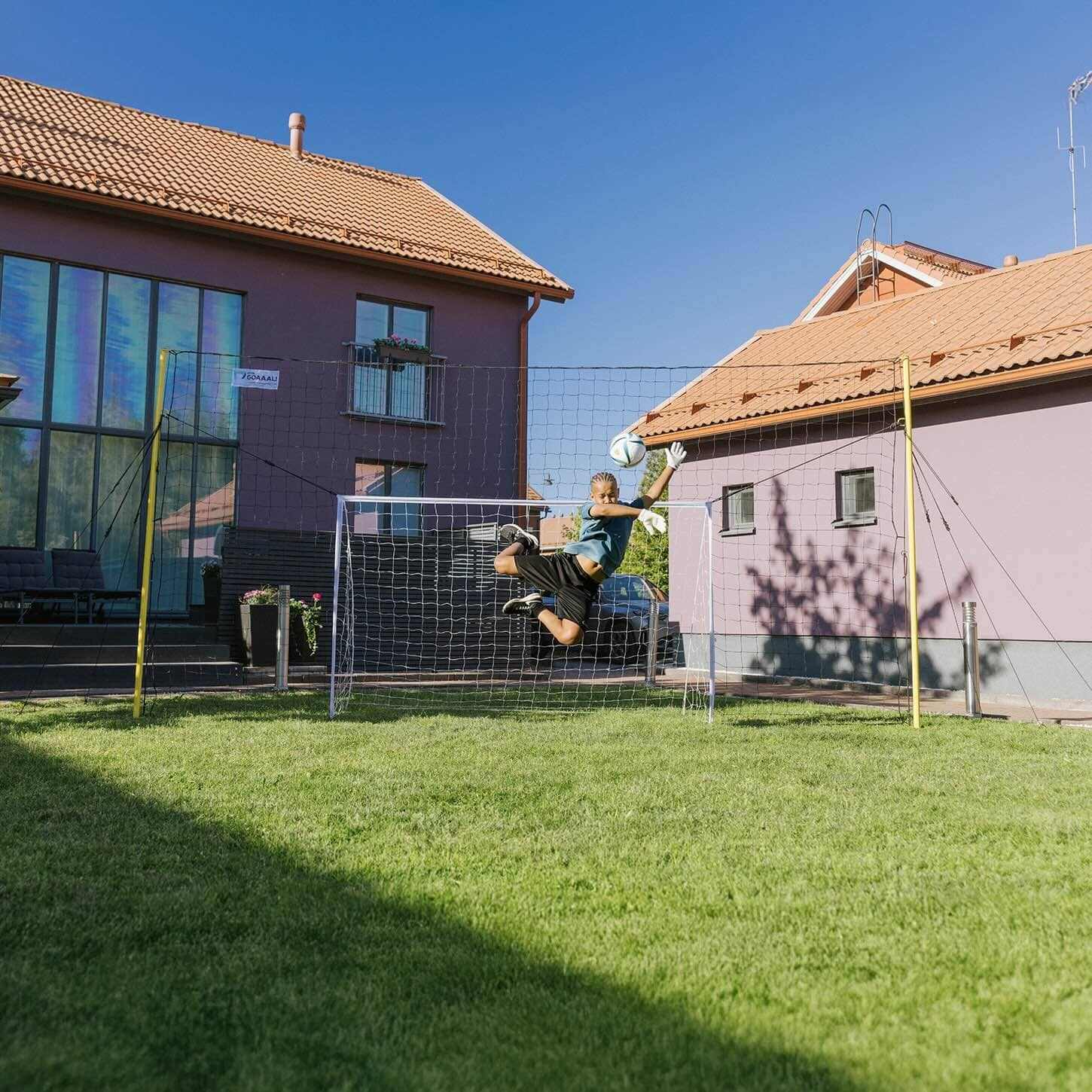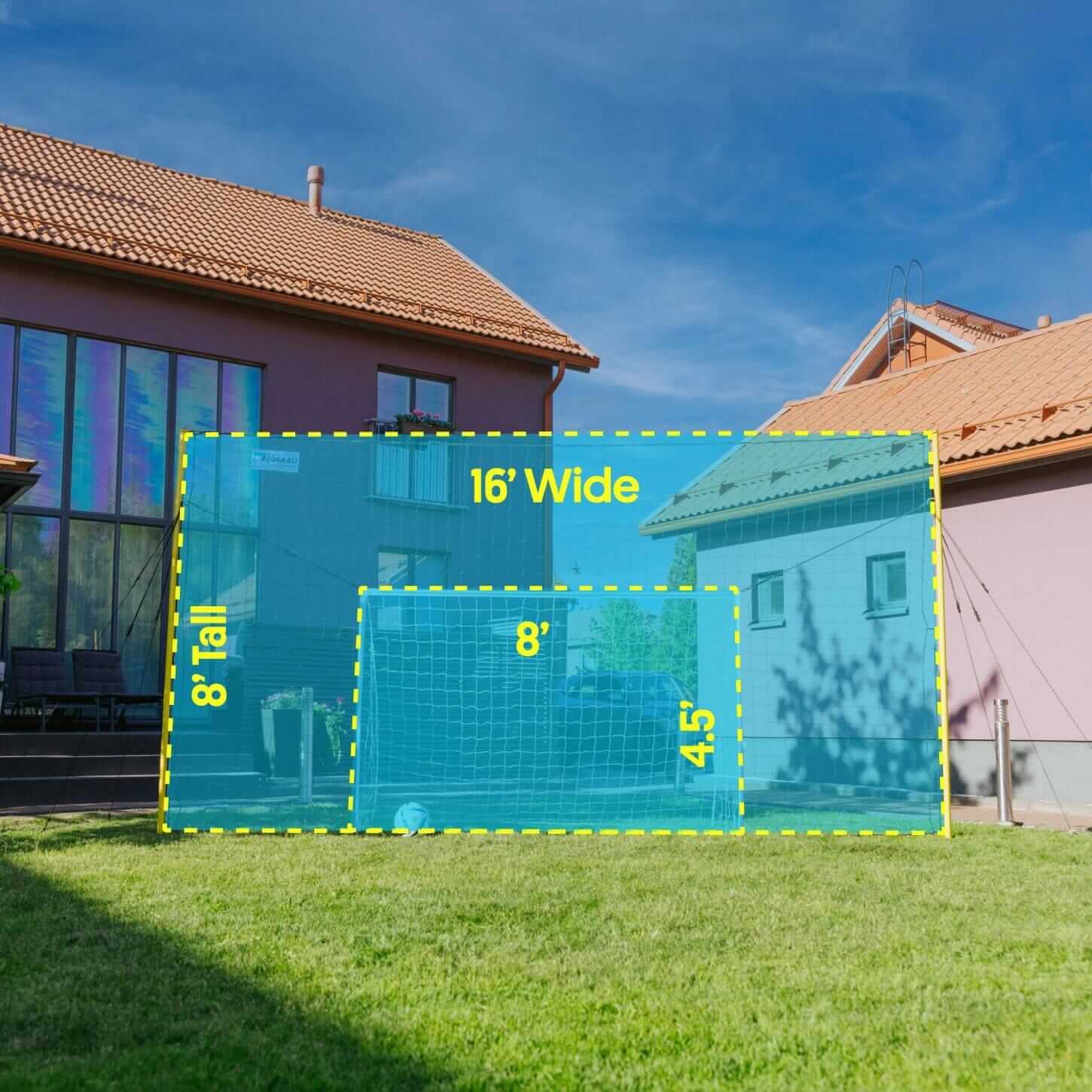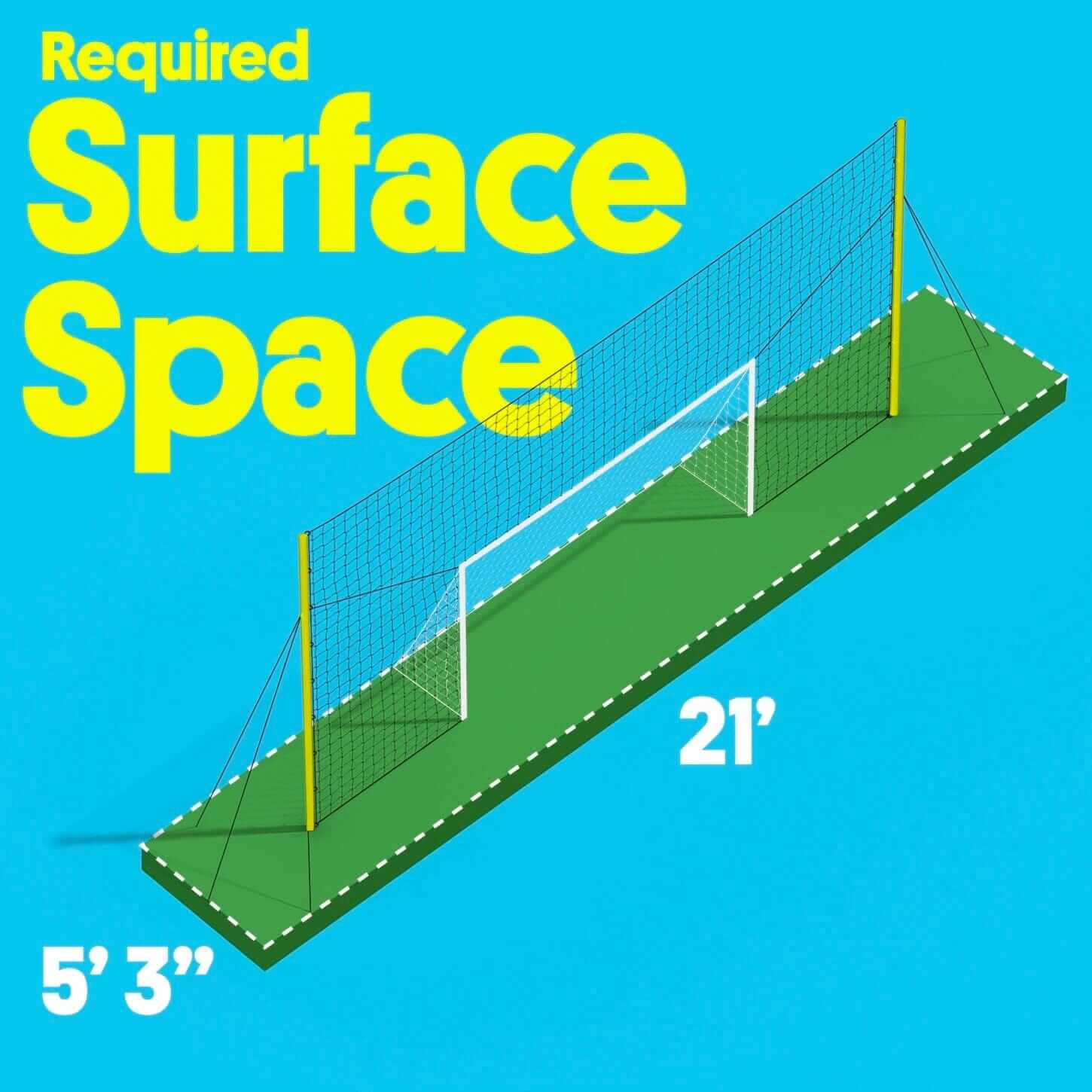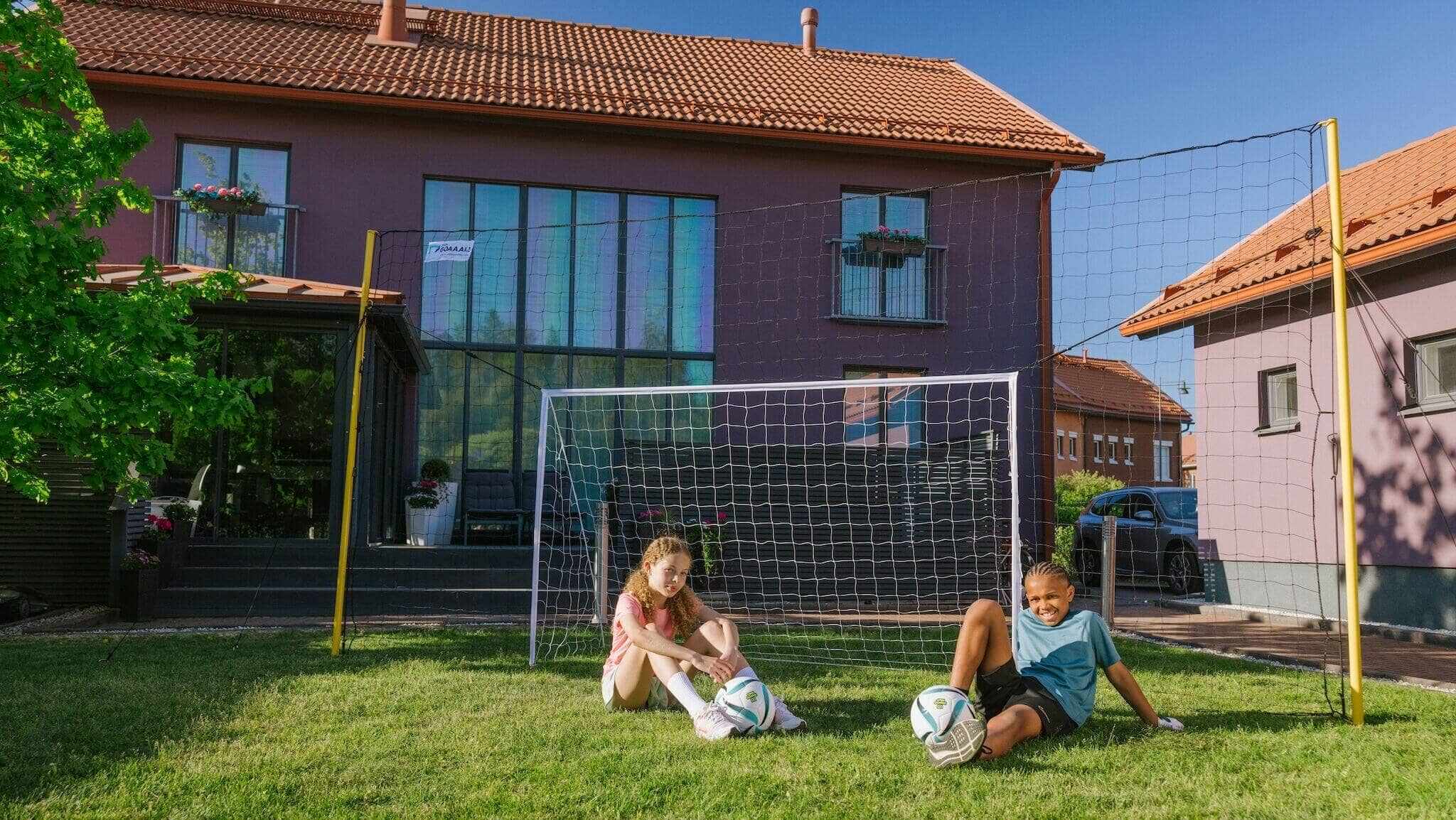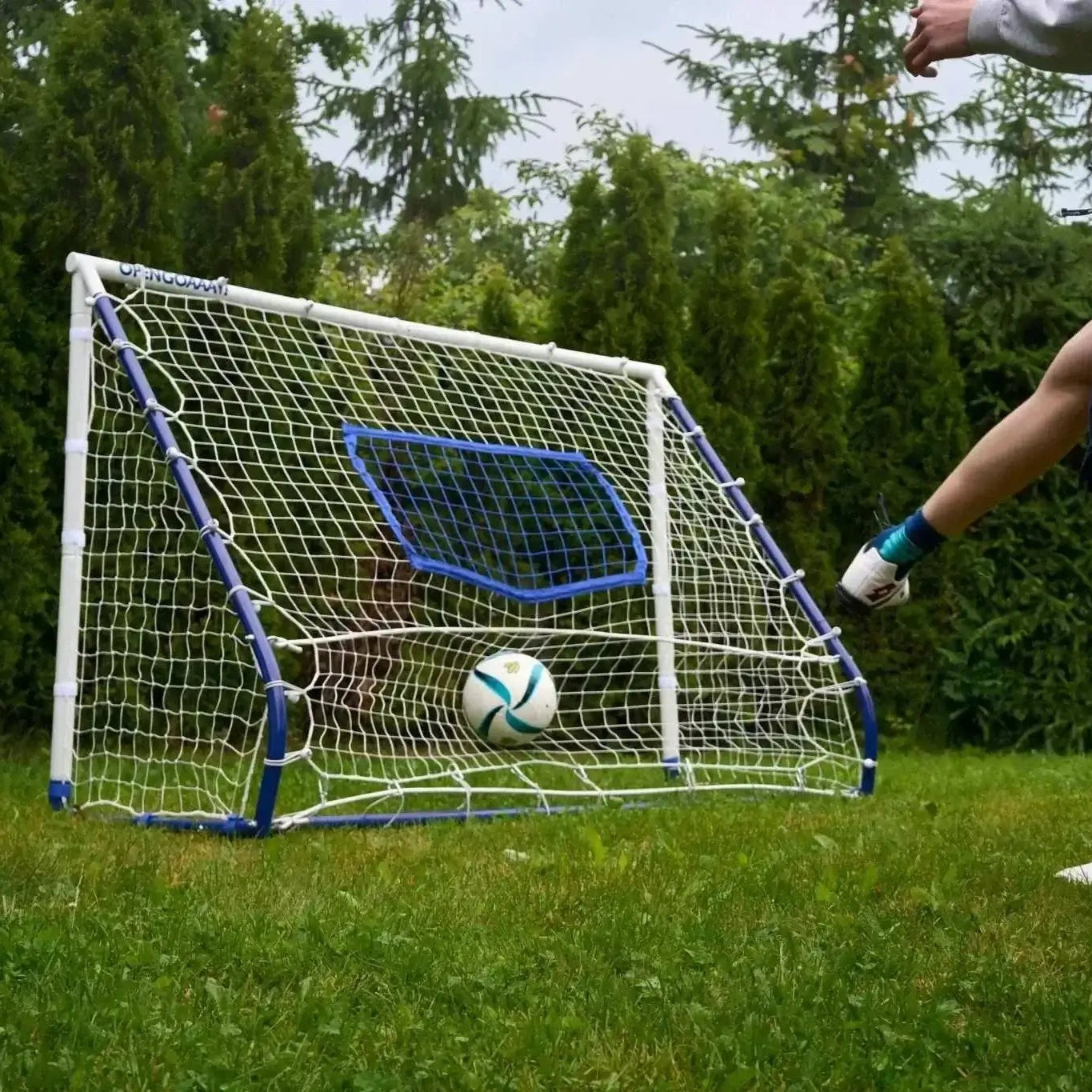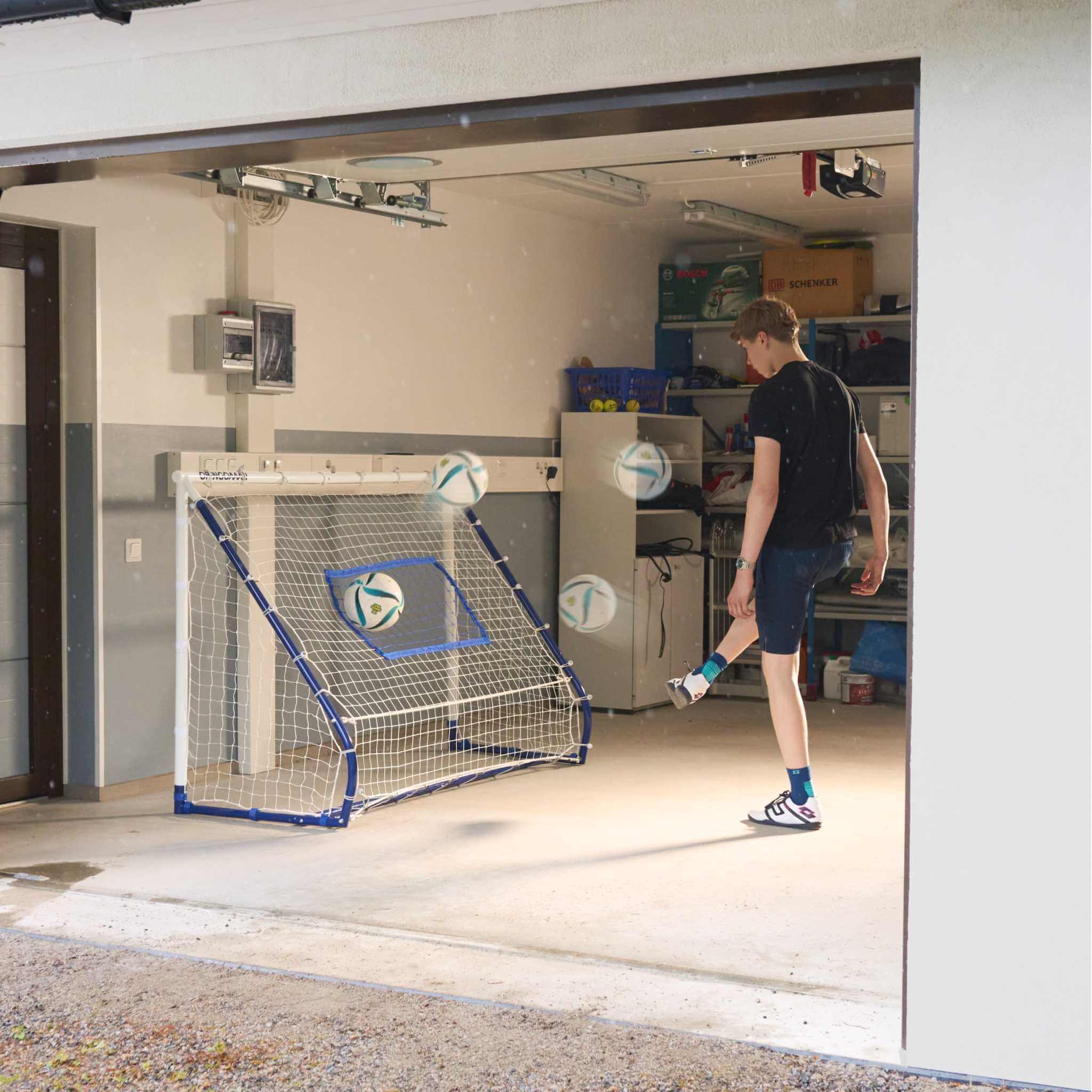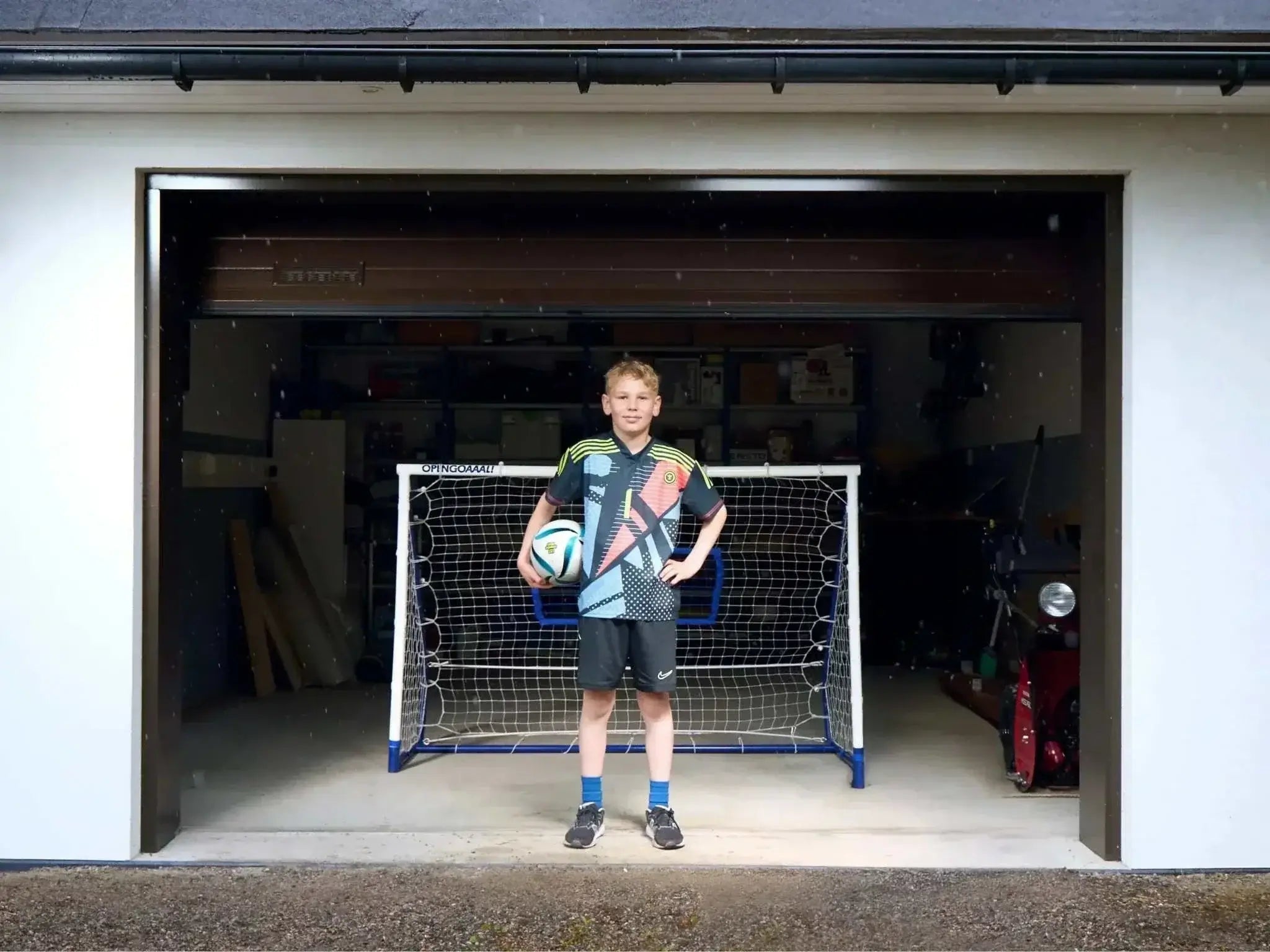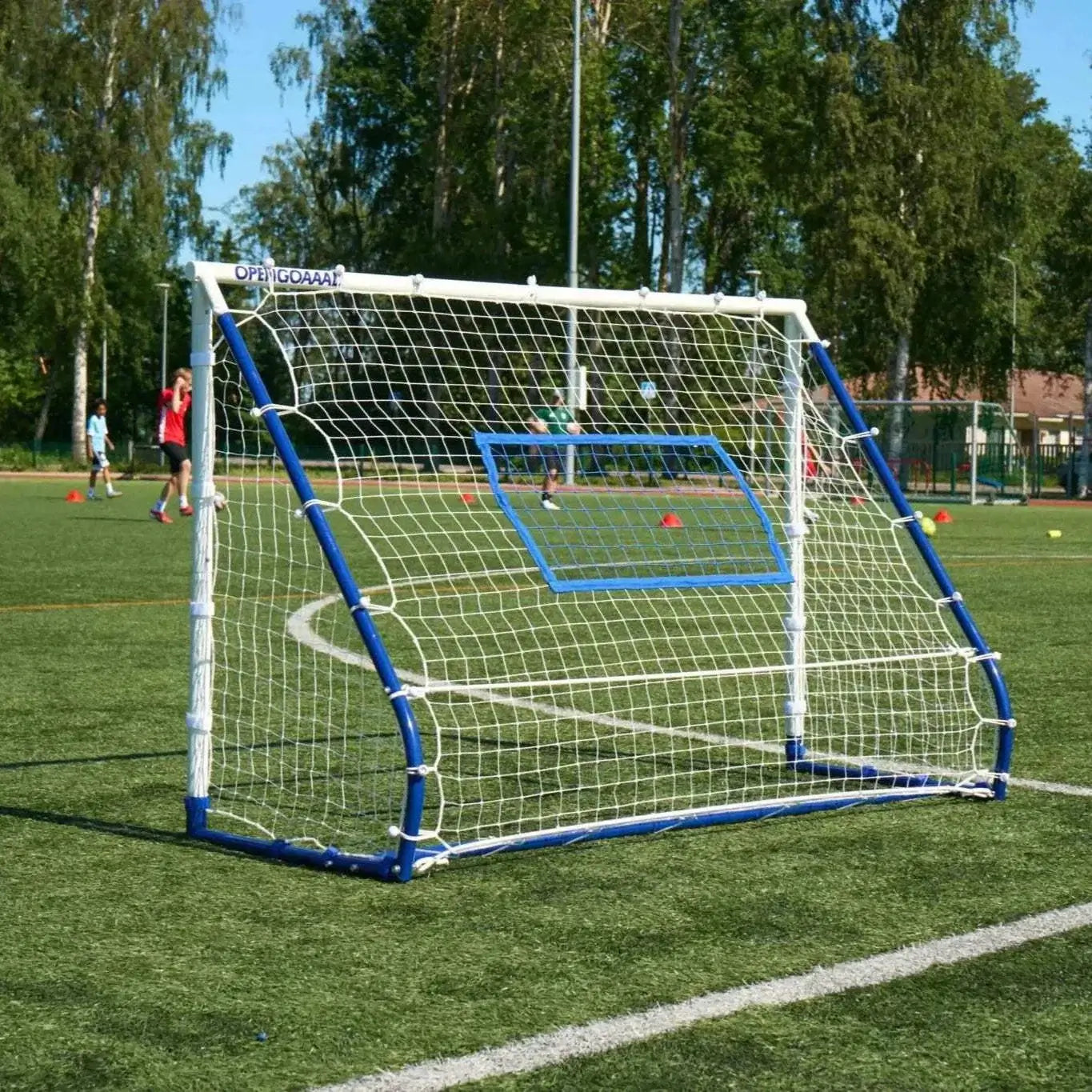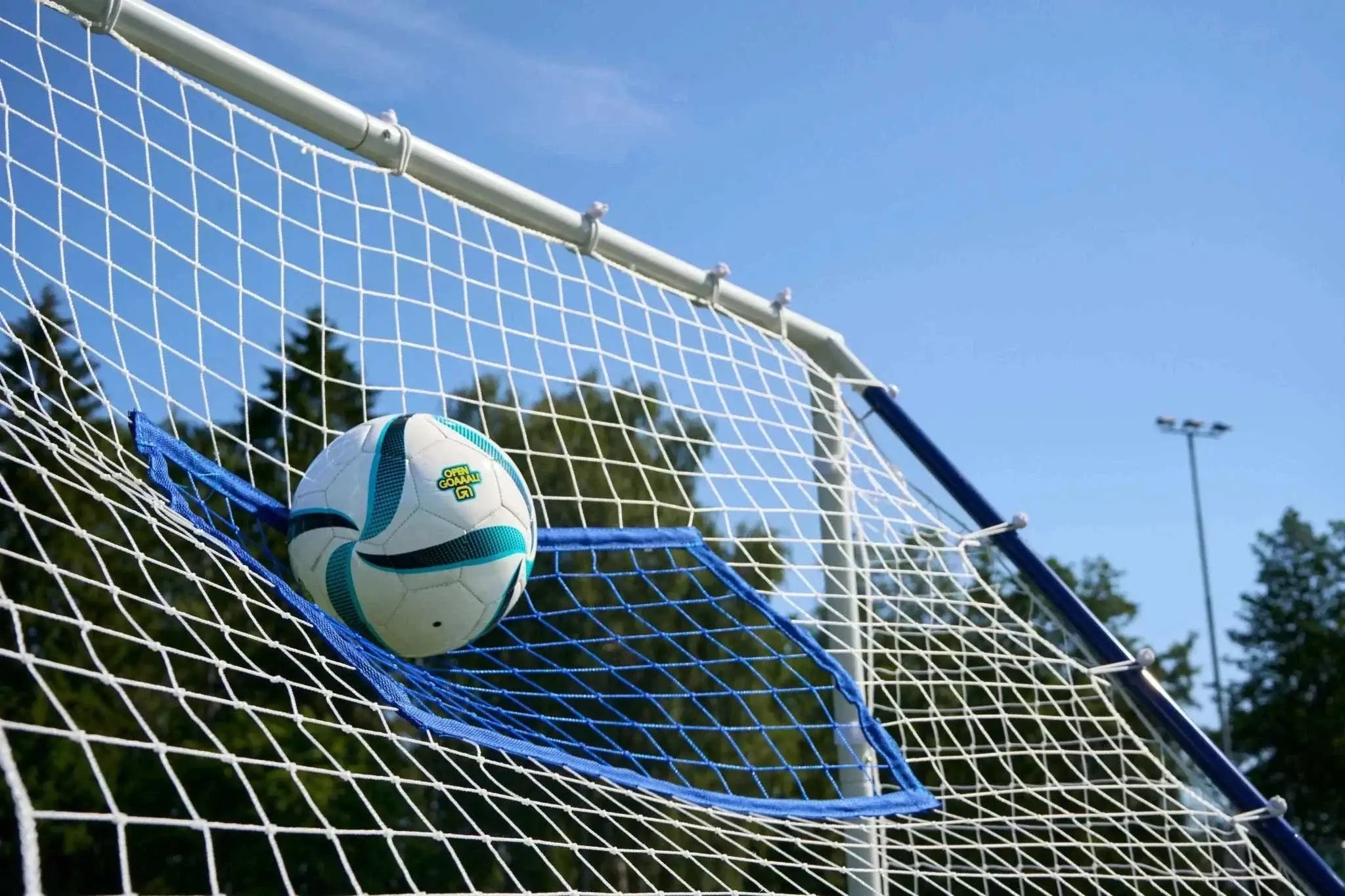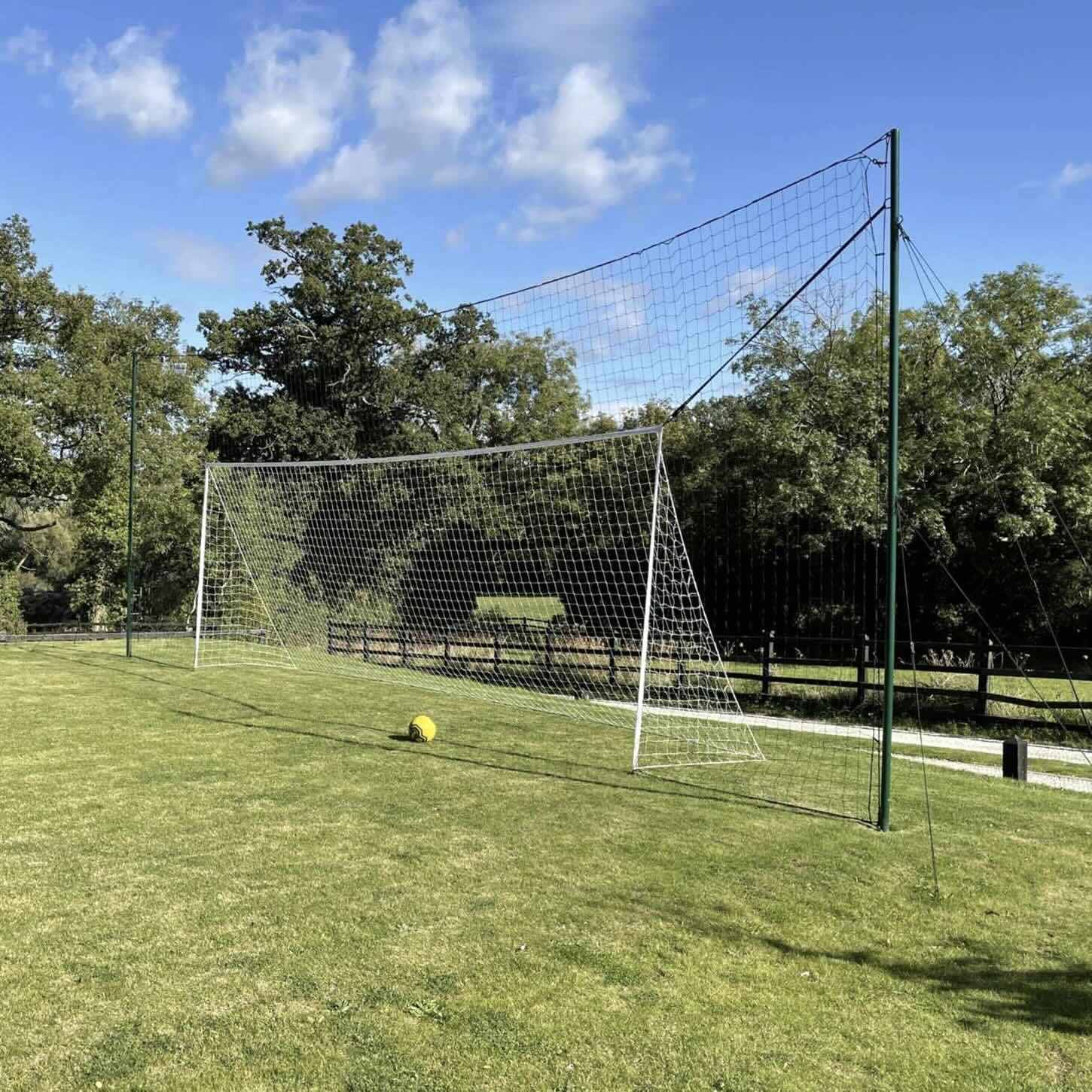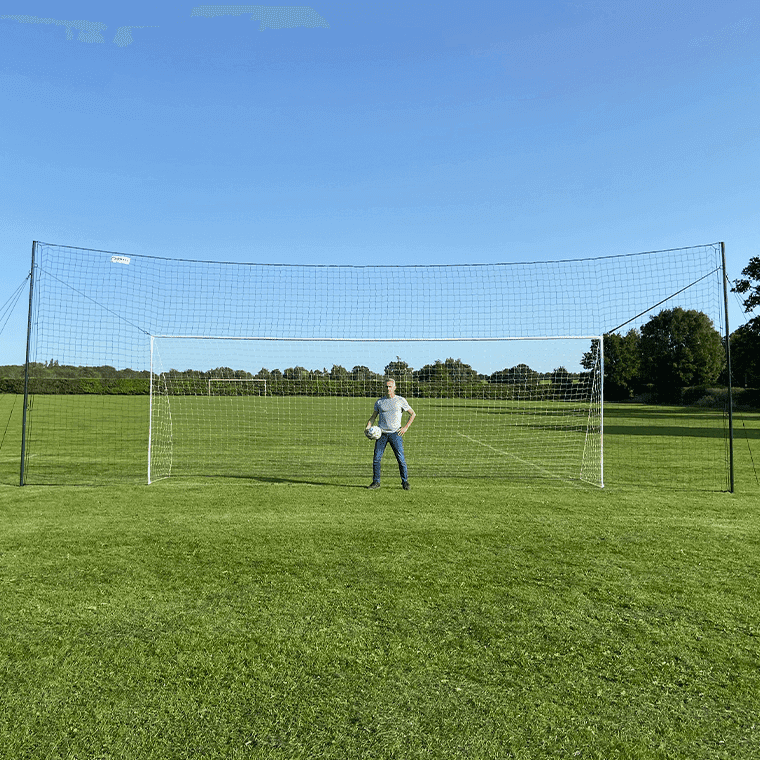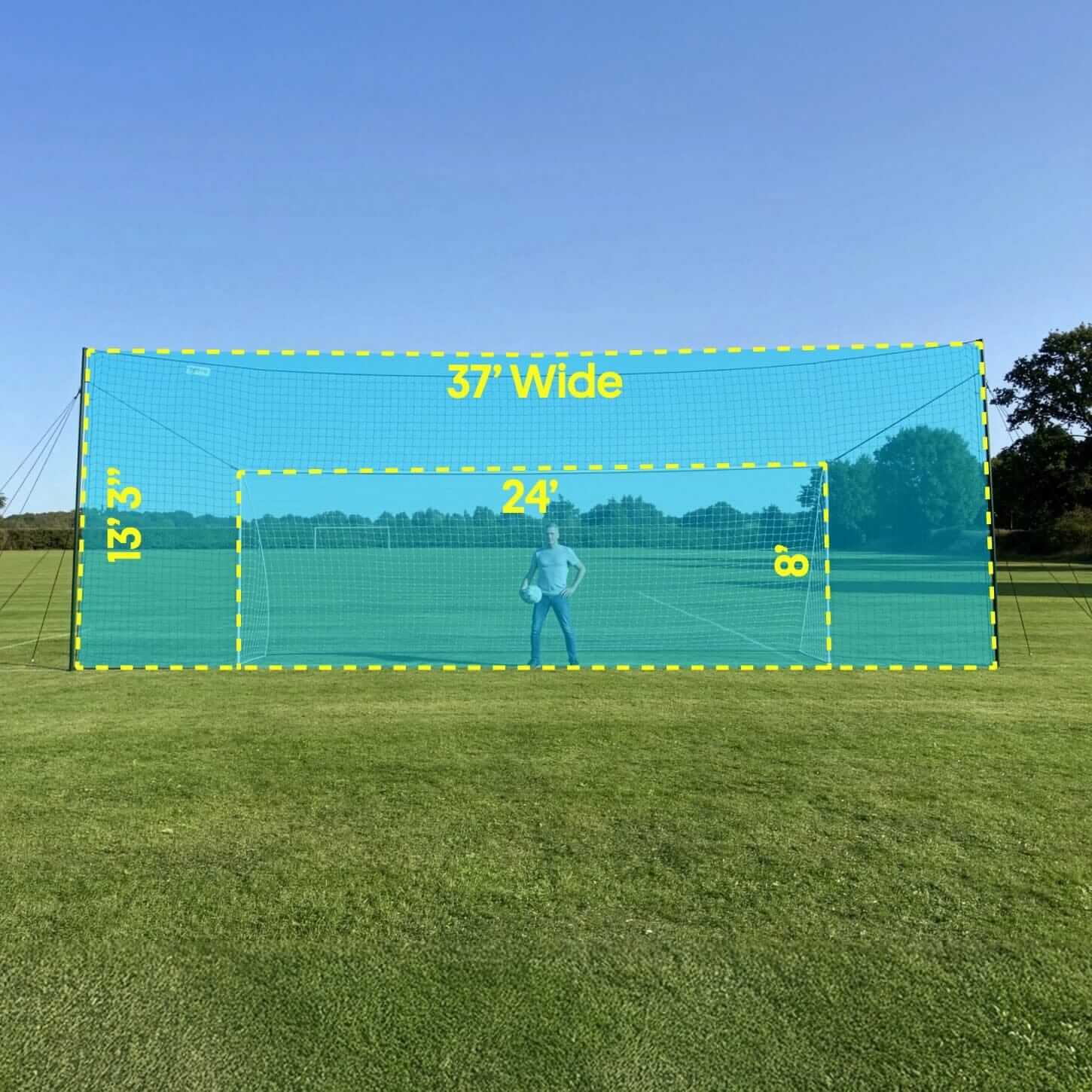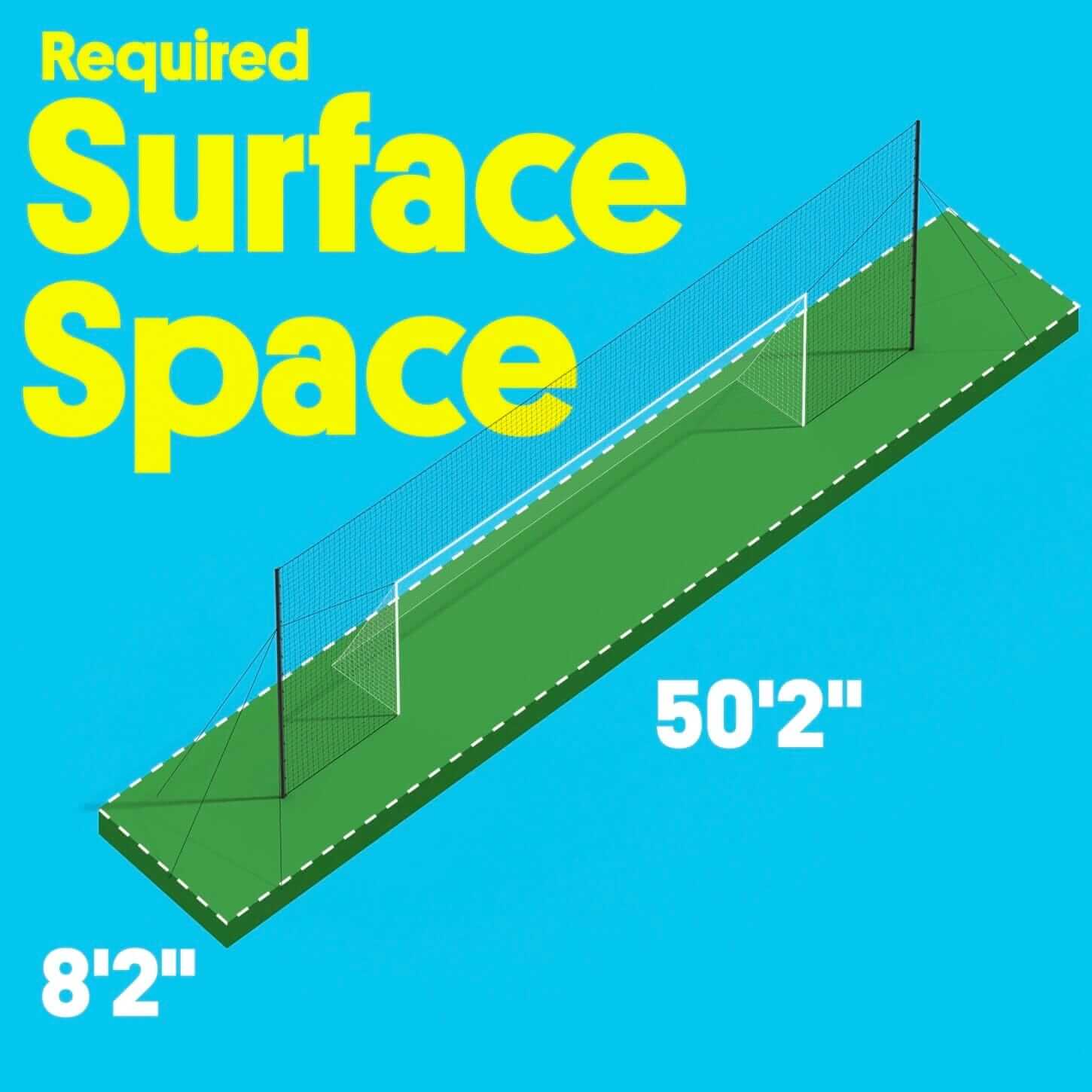While the history of football is littered with great players, those lucky enough to have watched soccer in the past decade have been spoiled for choice in terms of watching masters at work. In part this is because soccer is now a global game, so more and more people are getting the chance see these stars in action, with television audiences around the world showcasing their talents and feats every week throughout the season.
However, it can be argued that we are living through a particularly fertile period when it comes to talent and that the next generation has very high standards they will have to meet if they are to match the achievements of the recent crop of superstars. Here are some names likely to figure in any conversation about the best players of the past decade.
Lionel Messi
The 32-year old Argentine has won the Ballon D'Or 5 times and been the top goal scorer in Europe on five occasions. He has now scored more than 600 goals for Barcelona in a career spanning 14 years, and his hat-trick against Sevilla in February 2019 was the 50th of his career. He also achieved the remarkable feat in 2012 of scoring 91 goals in a calendar year.
Despite this, when he joined the Barcelona youth academy, he was so quiet that his teammates initially thought he was mute, while he had to be given growth hormone treatment to help him develop physically. He is short. With a low center of gravity, with supreme dribbling ability and unerring close control enabling him to beat several opponents, one after the other, often through driving runs from the right side of the pitch. Also, Messi is a superb passer of the ball, with the vision and technique to find angles and options that eludes lesser players, and is an excellent dead-ball specialist.
A one-club man all his life, he has helped Barcelona to a degree of success unmatched in their history, winning ten league titles, 6 Copa del Reys, and the Champions League on four occasions. He was part of the Pep Guardiola side in 2009 that won the treble and, adopting the "Tiki-Taka" style, played some of the best football ever seen on the world stage, with Messi assisted by Andrés Iniesta and Xavi who helped pull strings in midfield. Since their retirement, Barcelona has been less dominant, and have come to rely on Messi even more, and his seemingly limitless ability to pull games out of the fire for them.
The one blemish on his record as a player is his relative failure at international level with Argentina. Not as beloved in his home country as he is in the rest of the world because he has played all his club football in Spain, he helped guide them to three successive finals – the World Cup of 2014, and the Copa América of 2015 and 2016 – but they lost them all. He briefly retired from the international game, only to return and almost single-handedly drag them to qualification for the 2018 World Cup finals in Russia. However, they underperformed again and were knocked out early in the round of 16, having just scraped through the Group stage. In the 2019 Copa América finals, Argentina is struggling yet again.
Cristiano Ronaldo
Cristiano Ronaldo has been vying with his great rival Lionel Messi for the accolade of the best current player in world football for almost a decade.
Like Messi, a five-time Ballon d'Or winner, Ronaldo began his career with Sporting Lisbon before moving to Manchester United where he won the first of his five Champions League medals. The four-time European Golden Shoe winner then moved to Madrid in 2009 for what was then a world record fee and then proceeded to repay that in full as he helped deliver two league titles, the Copa del Rey on both occasions, and the Champions League in four of the last five seasons.
During his time in Spain, he averaged more than a goal a game, and he holds the record for the most goals scored in the Champions League at 127 – 15 more than Messi, and 50 higher than that achieved by the next man on the list, Raúl.
He began his career as a winger and gifted with pace, and great technical ability, he earned the reputation as a "show pony" in his early days because of his tendency to do too many tricks and fall to the ground too quickly.
However, over the years he has evolved into a complete forward, capable of playing on either wing, as well as through the center. He can score with either foot, is a powerful header of a ball, and can hit wicked, swerving free kicks. The stepovers and feints are still there, but he has learned when to produce them to maximum effect. Always in top physical condition, he is capable of moments of sheer brilliance – his overhead kick for Real away to Juventus in the 2018 Champions League Quarter-Final was so good that it earned him a standing ovation from the home fans.
So impressed were Juventus with his talents that they paid €100 million for the 33-year-old in the summer of 2018 to sign him. He finished top scorer in Serie A for the season, but disappointment for him and his new club came in the Champions League when Ajax beat his side.
Where Ronaldo does have the edge over Messi lies in the fact that he has achieved success at international level, having captained Portugal to triumph in Euro 2016, although he was forced off by injury after just 25 minutes of the final, and spent the remainder of the match as a virtual manager, exhorting his teammates on from the sidelines. He also captained them as they won the inaugural Nations League this summer, beating the Netherlands in the final in Lisbon.
Xavi
Xavi (Xavier Hernández Creus) is one of the finest midfielders in the history of the game and, along with his colleagues Lionel Messi and Andrés Iniesta, was one of the architects of "Tiki-Taka" – the short passing game based on possession football which helped Barcelona and the Spanish nation team dominate European and World football in the late 2000s.
Barcelona born and bred, Xavi came through the La Mesia youth system, which he joined as an 11-year old. He made his first-team debut in a cup match aged 18 and would go on to play more than 750 times for the club, scoring 85 goals.
He enjoyed considerable success with them, winning eight league titles, three Spanish Cups, and three Champions League finals, as well as clinching the Club World Cup twice.
In central midfield, he traded on his ability to find space and move and had his signature move, called "la Pelopina" which enabled him to spin away from opponents and gain a few seconds of extra time to pick his next pass.
He was a crucial part of the Spanish side that won back-to-back European Championships in 2008 and 2012, and that went on to win the World Cup in South Africa in 2010. He played in total, 123 times for Spain before retiring from the international game in 2014.
He left Barcelona in 2015 for Qatari club Al-Sadd, where he is currently the manager.
Andres Iniesta
Iniesta was Xavi's counterpart in the Barcelona midfield. Born in a small village in Spain, he was spotted playing for his local boys' side by scouts from Barcelona, making the switch to Catalonia, where he entered their great youth program at La Media. He made his first-team debut aged 18 and would go on to play for the Catalan side nearly 700 times, captaining the team in his last three seasons there.
He won more trophies than any other Spaniard ever, with his haul including 4 Champions Leagues, nine league titles, 6 Copa del Reys, and three Club World Cup Championships.
Xavi and Iniesta, together with teammates like Sergio Busquets, helped export the Barcelona style of football to the Spanish national side, helping lay the platform for an era of international dominance. They won the 2008 and 2012 European Championship, and clinched the 2010 World Cup, beating the Netherlands in a bad-tempered final in Johannesburg. Not known as a goal scorer; nevertheless, it was Iniesta who came up with the dramatic extra-time winner.
Iniesta retired from international football in 2018, the same year that he left Japan to see out his playing days in the Japanese J League, where he currently features for Vissel Kobe.
Zlatan Ibrahimovic
Ibrahimovic is a Swedish striker who has enjoyed almost unparalleled success in his career, having won league titles in four countries with five different clubs. The all-time top goal scorer for Sweden, with 62 goals in 116 appearances, he is known for his outspoken comments, arrogance, and habit of referring to himself in the third person. No stranger to controversy, his career is littered with fights with teammates, club officials and opponents.
Despite that, he is a supremely gifted striker with excellent technique, allied with creativity, strength, and great ability in the air. His overhead kick from 30 yards for Sweden in a friendly win against England in 2013 won the Puskas Award for the goal of that year.
Thierry Henry
A World Cup winner with France in 1998, Henry played for two of the biggest sides in the world in the form of Juventus and Barcelona, as well as enjoying a successful spell towards the twilight of his career with New York Red Bulls. Yet it was during his time with Arsenal that Henry wrote his name into the history books, scoring 226 goals from 369 games, and helping the club win two Premier League titles and two FA Cups, as well as supporting the team achieve the unique feat of going through the whole of the 2003 – 2004 "Invincibles" season undefeated.
He was also runner-up in the Ballon d'Or and the FIFA World Player of the Year, was twice the PFA Players' Player of the Year and three times the Football Writers' Footballer of the Year, as well as being elected to the PFA Team of the Century. When he arrived at Highbury in August 1999, many expressed doubts about his ability to adapt to the quick and physical English game, after a disappointing spell in Italy, which saw him forced to play on the wing. Converted by manager Arsène Wenger into a forward, he initially struggled, failing to find the net in his first eight games for the club.
Once he started though, he hardly stopped during his time in North London. With a deceptively casual approach which saw him glide past opposing opponents, often with a devastating turn of pace, Henry was almost the complete player, able not only to finish moves but also initiate them as well. He could score nearly any type of goal, from long-range thunderbolts to his trademark finish where he would open his body on the left-hand side and slide the ball past the keeper. He rarely scored with his head – but that was not his game. And he was not just a goal scorer either – his Premier League record with Arsenal included 74 assists for other players.
He is now commemorated in the form of a bronze statue outside the Emirates Stadium.
Gianluigi Buffon
Gianluigi (Gigi) Buffon is regarded as one of the finest every goalkeeper.
He began his career with Parma, making his first-team debut as a 17-year old, and going to help the club win the Coppa Italia, the UEFA Cup, and the SuperCoppa Italia, creating a reputation for himself as one of the most talented young footballers in Italy.
He joined Juventus in 2001 for a fee of €52 million (£47 million), then a world record for a goalkeeper, and went on to enjoy a glittering career with the Turin side, winning 9 Serie A titles, 4 Coppa Italia's, and 5 SuperCoppa Italia's. He was also named Serie A goalkeeper of the season no fewer than 12 times.
Buffon played for Italy at every age group from under-16 onwards and made his full debut for the national side aged 19 in a World Cup qualifier against Russia. He would go on to play a record 176 times for his country, many of them as captain.
Arguably his most beautiful moment came in 2006 when he was part of the Italian side that won the 2006 World Cup, a tournament in which Buffon kept five clean sheets and was beaten only twice, neither of those goals coming from open play.
Buffon left Juventus in July 2018 and moved to PSG. However, after just one season in France, in the course of which he picked up a Ligue 1 winners' medal, he has left the side, and a return to Juventus in some capacity is now being suggested for the 41-year-old.
Dani Alves
Dani Alves is regarded as one of the finest full-backs of his generation and holds the distinction of being the second most decorated defender in Europe after Paolo Maldini. He is renowned for his pace, stamina, overlapping runs, and crossing ability.
Alves began life as a winger but was persuaded to convert to full-back by his father because of his superior defensive abilities.
Beginning his career in his native Brazil, he arrived in Spain in 2002, and made an immediate impact, helping them win back-to-back UEFA Cups and the Copa del Rey. He also established himself as the team's main attacking threat, despite playing, nominally, in defense.
Transferring to Barcelona in 2008 for a fee close to a world record for a defender at the time, Alves had a glittering career at the Camp Nou, winning the league six times, the Copa del Rey on four occasions, and the Champions League three times. He also created more goals for Lionel Messi than anybody else in the Barcelona team, including Xavi and Andrés Iniesta.
He moved to Juventus for a season where he won League and Cup double, and then on to PSG where he was part of the side that secured a domestic treble in his first season. He has just announced his departure from the Ligue 1 side.
Alves is the current Brazil captain and has won 116 caps for his country.
Sergio Ramos
Sergio Ramos would not win any popularity contests for the world's most excellent footballers. He holds the record for the most cards shown in La Liga – 173 – of which 19 have been red, another history. On top of that, he has been dismissed a further six times in other cup competitions. A master of the dark arts, Liverpool fans have never forgiven him for the tackle on Mo Salah which forced the Egyptian out of the 2018 Champions League final.
As a defender and leader, Ramos is almost unparalleled. Physically active, he is a strong tackler and good in the air. He is also blessed with pace, and the ability to play the ball out from the back. Fiercely competitive, he is a born leader and has captained Real to four Champions League triumphs. He was also an integral part of the Spain side that won back-to-back European Championships, and the World Cup in 2010.
Ramos is also a useful goal scorer. Arguably his most important strike of all came in the 2014 Champions League Final against neighbors Atlético Madrid, when his stoppage-time equalizer forced the game into extra time, with Real eventually emerging 4 – 1 winner.
Neymar
Neymar – or, to give him his full name Neymar da Silva Santos Junior – is usually mentioned in the same bracket as both Messi and Ronaldo, although, to date, there is a sense of underachievement about the Brazilian's career.
In part, this is due to his character. Neutrals dislike him as a player who dives excessively, always trying to win cheap free kicks and to get opposing players into trouble with referees. Another element that casts doubt on his character is the way that he has managed his career, moving to Barcelona from Santos in Brazil in a transfer deal shrouded in mystery and indications of financial irregularities, and then engineering a move to PSG for a world record fee, rather than stay and compete with Messi for the limelight.
And that behavior shows no signs of abetting. At the time of writing, he is linked with a move back to Barcelona, having virtually admitted that his move to France was a mistake. Meanwhile, his off-field antics and behaviors have attracted headlines for all the wrong reasons.
A superstar in his native Brazil, the World Cup of 2014 was meant to be the stage that would showcase his prodigious talents to the world. Unfortunately for him, he was injured in the quarter-final against Columbia and, without him, Brazil were humiliated 7 – 1 by Germany on home soil in the semi-finals.
At his best though, Neymar is a superb talent, with fantastic dribbling skills, creativity, vision, and finishing ability. He can score with either foot and is an accurate dead-ball taker.
Neymar still has time on his side, but he is no longer a spoiled teenager. At 27 it is time that he harnessed his considerable talents and concentrated on playing football, rather than courting controversy off the field.





